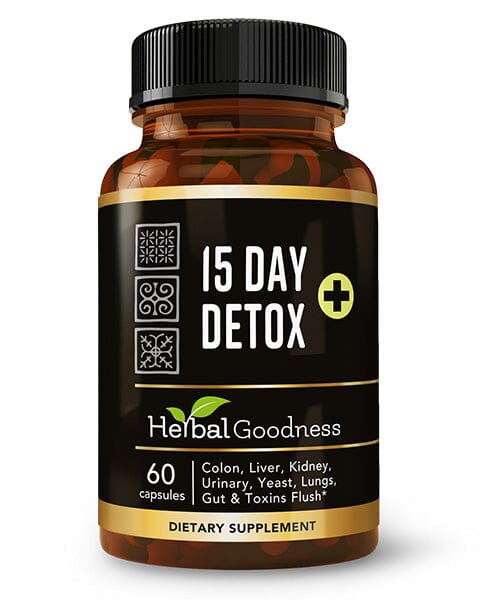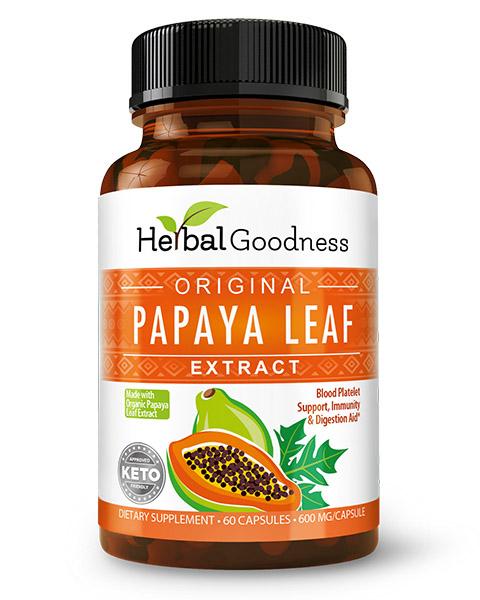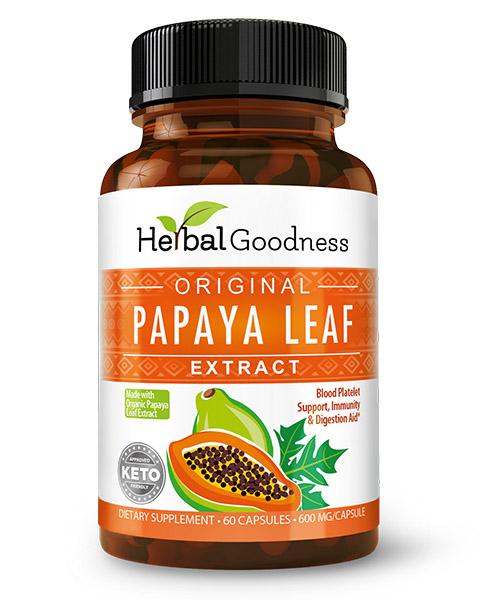Exploring the Magical World of Mushrooms: A Culinary and Medicinal Marvel
Mushrooms, a fascinating type of fungi, have captivated the human imagination for centuries, not just for their intriguing shapes and varieties but also for their diverse culinary and medicinal applications. This blog post delves into the enchanting world of mushrooms, exploring their rich history, nutritional benefits, and the myriad ways they contribute to both our kitchens and our health.
A Brief History of Mushrooms
The use of mushrooms dates back thousands of years. Historically, they were revered by ancient civilizations for their medicinal properties — the Egyptians even called them "the plant of immortality." In various cultures, mushrooms have been used for their healing properties, and in some cases, for their psychoactive effects in religious rituals.
Culinary Delights
In the culinary world, mushrooms are celebrated for their unique umami flavor and texture. They are a versatile ingredient used in a myriad of cuisines, from the earthy truffles in French cooking to the shiitake mushrooms in Asian dishes. Here are some popular culinary uses:
-
As a Meat Substitute: The meaty texture of certain mushrooms like Portobello makes them an excellent substitute for meat in vegetarian and vegan dishes.
-
Flavor Enhancers: Mushrooms add depth and richness to soups, sauces, and stews.
-
Standalone Dishes: Dishes like mushroom risotto, stuffed mushrooms, and sautéed mushrooms are popular worldwide.
Nutritional Powerhouses
Mushrooms are not only delicious but also pack a nutritional punch. They are low in calories yet rich in vitamins, minerals, and antioxidants. Key benefits include:
-
Rich in Vitamins and Minerals: Mushrooms are a good source of B vitamins, selenium, potassium, and copper.
-
High in Antioxidants: Certain varieties, like the reishi mushroom, contain powerful antioxidants that can help protect against cellular damage.
-
Boosting Immunity: Some mushrooms have been shown to enhance immune system function.
Medicinal Mushrooms
Beyond their culinary uses, mushrooms are also renowned for their medicinal properties. They have been used in traditional medicine, especially in Asian cultures, and modern research is increasingly supporting their health benefits. Here are some notable medicinal mushrooms:
-
Reishi: Known for its stress-reducing and immune-boosting properties.
-
Cordyceps: Used for enhancing energy and stamina.
-
Shiitake: Believed to support heart health and improve immunity.
-
Lion's Mane: Known for its potential to support brain health and cognitive function.
Sustainability and Cultivation
Mushrooms are also gaining attention for their sustainability. They require minimal space and resources to grow, making them an environmentally friendly food choice. The cultivation of mushrooms, from small-scale home kits to large-scale farming, is becoming increasingly popular as a sustainable practice.
Conclusion
The world of mushrooms is as diverse as it is fascinating. Whether it’s their role in culinary arts, their impressive nutritional profile, or their medicinal properties, mushrooms offer a unique blend of flavor, health, and sustainability. As we continue to explore and understand more about these remarkable fungi, their significance in our diet and health regimes is only set to grow. So, the next time you enjoy a dish with mushrooms, remember you’re partaking in a legacy that spans centuries and cultures, one that continues to evolve and surprise.











